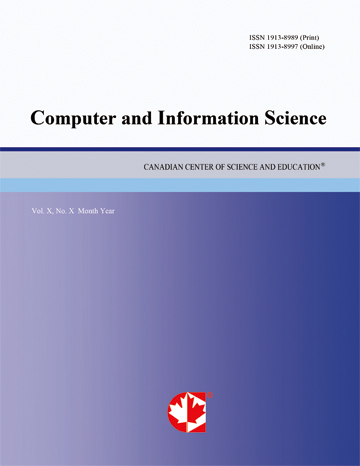Smart Waste Management Systems: An IoT and AI-Driven Approach for Urban Sanitation
- Seun Adeoye
Abstract
The explosive rise in city dwellers has created a growing scenario of waste management, presenting tremendous environmental, logistical, and health dilemmas to the urban regime. This study focuses on how a more innovative waste management system could be designed and implemented by integrating the IoT devices and Artificial Intelligence (AI) technologies to increase efficiency, transparency, and sustainability of a city's sanitation. The smart bins that would have been introduced in the proposed system would have incorporated IoT and sensors to help understand the current levels of waste, as well as the temperature and humidity of each bin. The transmission of these data is facilitated by low-power, wide-area network technologies such as LoRaWAN and NB-IoT to a centralized waste management system. Such AI algorithms include linear regression, random forest, and A* search, which analyze past and real-time data to refine waste collection schedules, estimate fill levels, and create smart route plans. Moreover, AI models that rely on computer vision can automate the segregation of waste into categories of allowable, organic, and non-recyclable materials with minimal human input. To ensure accountability and track waste throughout its lifecycle, blockchain technology is incorporated, providing tamper-proof records from collection to final disposal. This essay illustrates how the combination of IoT, AI, and blockchain has the potential to reinvent one of the oldest premises of waste management into a data-driven, flexible, and ecologically conscious system that embraces the circular economy concept. Pilot implementation has demonstrated how operational costs are reduced, the recycling rate is increased, and how fuel usage and emissions are significantly decreased.
- Full Text:
 PDF
PDF
- DOI:10.5539/cis.v18n2p30
Journal Metrics
WJCI (2022): 0.636
Impact Factor 2022 (by WJCI): 0.419
h-index (January 2024): 43
i10-index (January 2024): 193
h5-index (January 2024): N/A
h5-median(January 2024): N/A
( The data was calculated based on Google Scholar Citations. Click Here to Learn More. )
Index
- BASE (Bielefeld Academic Search Engine)
- CNKI Scholar
- CrossRef
- DBLP (2008-2019)
- EuroPub Database
- Excellence in Research for Australia (ERA)
- Genamics JournalSeek
- GETIT@YALE (Yale University Library)
- Google Scholar
- Harvard Library
- Infotrieve
- Mendeley
- Open policy finder
- ResearchGate
- Scilit
- The Keepers Registry
- UCR Library
- WJCI Report
- WorldCat
Contact
- Chris LeeEditorial Assistant
- cis@ccsenet.org
